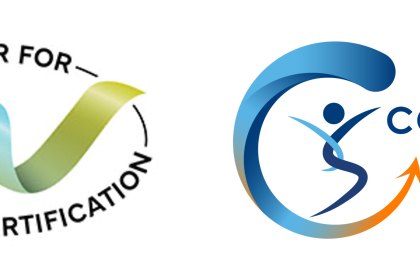
4 Key Differences Between Coaching and Mentoring Explained
Diving into the nuanced differences between coaching and mentoring, we’ve gathered insights from nine seasoned professionals, including executive coaches and CEOs. They’ve shared their unique perspectives, ranging from how mentors share while coaches uncover, to the contrasting focus on building awareness versus providing solutions. Explore these key distinctions to understand the separate paths coaching and mentoring can take in personal and professional development.
- Mentors Share, Coaches Uncover
- Guidance Tailored to Personal Journeys
- Coaching Is Structured, Mentoring Is Relational
- Coaches Build Awareness, Mentors Provide Solutions
Mentors Share, Coaches Uncover
Mentors guide by pointing the way, while coaches encourage their clients to discover their own path. When you inquire of a mentor, “What would you do?” they will respond based on their personal experience. In contrast, as a coach, if you ask me the same question, my response is, “I can tell you what I would do, and it might work if you were me.”
Our goal is to uncover what you should do. A skilled coach nudges clients toward figuring out their own actions by posing questions. Individuals are more likely to succeed with plans they’ve crafted themselves. As a coach, my role is to assist you in determining your course of action and ensure you are committed to following through.
Glen Hellman, Executive Coach, CXO Elevate
Guidance Tailored to Personal Journeys
I see a key difference in how guidance is provided. Mentoring often has that “follow my lead” aspect. The mentor shares their own experiences as a roadmap for the mentee. It’s about demonstrating what worked and providing a model to follow.
Coaching, on the other hand, is more tailored to the personal journey. A coach helps you identify what’s holding you back, leverages your strengths, and basically guides you around your own obstacles. It’s less about following a set path, and more about empowering someone to find what works best for them.
Juliet Dreamhunter, Founder & AI Strategist, Juliety
Coaching Is Structured, Mentoring Is Relational
One key difference lies in their objectives and approach. Coaching is a structured approach, whereas as a life coach, I work with my client on a specific outcome, motivating them to reach their full potential. It’s often task-oriented, short-term, and performance-driven.
Mentoring, on the other hand, is a long-term relationship focused on supporting the mentee’s personal and professional growth. Mentors share their knowledge, experiences, and advice to guide them. It’s a relationship aimed at growing them both in their current role and also in the future.
Bayu Prihandito, Founder, Psychology Consultant, Life Coach for Men, Life Architekture
Coaches Build Awareness, Mentors Provide Solutions
When I started coaching, I had been struggling to explain this to clients, friends, and family for some time. Many of these people think of coaching and mentoring as one and the same, citing their childhood sports coach.
What will change their mind is when they get into a coaching session and realize that I am not there to tell them what to do, offer advice, or pass judgment on their successes or failures. Mentors are there to tell you what they see and how they would have you improve your skills. Coaches are meant to build awareness, generate insight, and remove barriers to success.
Coaches assume that their clients are whole and capable of coming up with their own path forward. Mentors are brought in to provide solutions and show authority. Coaching clients create their own solutions that are unique to them and are much more likely to be implemented in the long term.
Blake Farris, Owner, Mito Coaching





